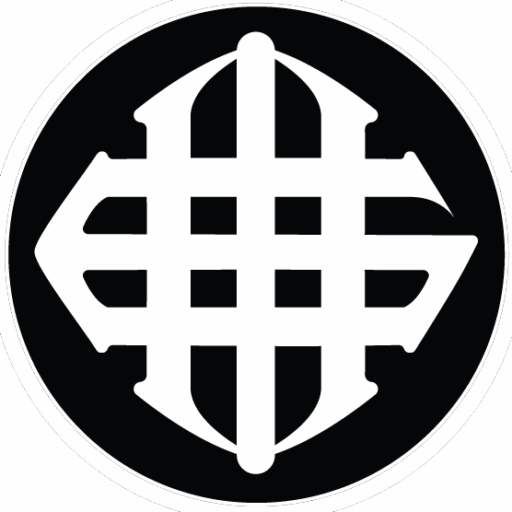The Hanau Massacre demonstration in Berlin was a raw, unfiltered outcry against hate, silence, and systemic failure. It wasn’t just a memorial—it was a confrontation with the German paradox: a nation that prides itself on democracy and freedom yet struggles with confronting right-wing violence and protecting activists’ voices.
The massacre in Hanau, where nine people lost their lives in a racist attack, exposed deep wounds in German society. The government’s response, often cautious and bureaucratic, contrasts sharply with the urgency and anger on the streets. Activists demanding justice face repression, surveillance, and restrictions on freedom of speech, revealing a troubling gap between official rhetoric and grassroots reality.
Berlin’s demo was a powerful reminder that activism in Germany is a battleground. While politicians navigate diplomatic language, the streets pulse with raw grief and defiance. The difference between government silence and public outcry couldn’t be starker—where the state hesitates, the people roar.
Music and art have long been weapons against hate and oppression. Artists like Sookee and Ebow, known for their fierce political lyrics, and collaborations with anti-racist movements, amplify the call for justice and remembrance. Their work channels pain into power, turning tragedy into a rallying cry.
The Hanau demo in Berlin was more than protest—it was a demand for accountability, a refusal to let hate be ignored or forgotten. It exposed the fractures in Germany’s approach to right-wing extremism and free speech, reminding us that real change begins when the streets refuse to stay silent.
In Berlin, the voices rising for Hanau are a testament: justice isn’t given—it’s fought for. And when the people speak, the world listens.

















